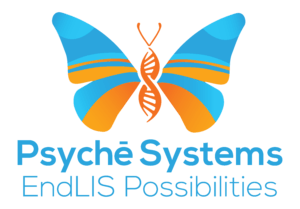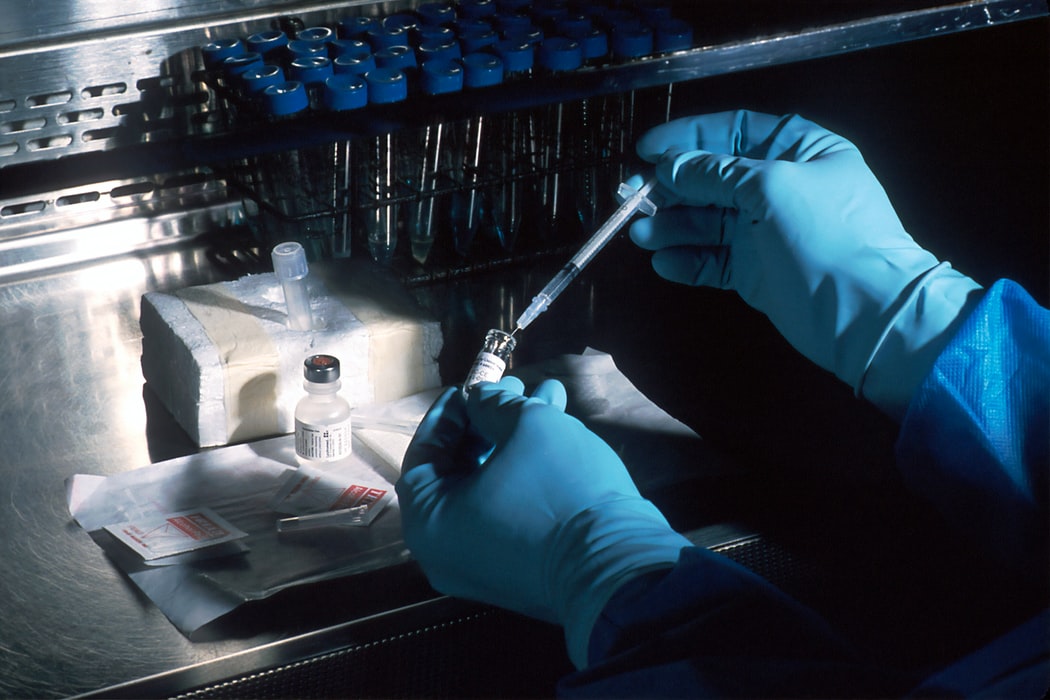What is Biohacking and How Can It Shape the Future?
In the future, will we treat humans like computers? Will molecular genetics software play a part? With the advent of biohacking, it’s a possibility. As a matter of fact, certain subsets of biohackers are already applying computer hacker culture to the human body.
If you work in molecular genetics, you may have already noticed some overlap between your own field of study and biohacking. Some count biohacking as a sub-category under molecular genetics, considering that both studies investigate how the human body works.
But what exactly is biohacking? Is it more than a recent trend? And what could it mean for your work in molecular genetics? Over the next several paragraphs, we’ll take a closer look at these questions. Want to learn more? Then read on.
What is Biohacking?
Let’s start with the most important question: What exactly is biohacking? Biohacking is a wide-reaching topic, so it can be tough to define. Different people will give you different answers.
Broadly speaking, “biohacking” is what happens when non-professionals focus on biology research and experimentation, often using the same tools and methods that are available to the professionals. Biohackers can be PhDs, absolute amateurs, and anyone in between.
Biohacking and Humans
Biohackers experiment on everything from bacteria to themselves. For example, a lot of open space laboratories teach amateur biologists how to alter the genes in yeast.
For our purposes, though, we’re going to focus on the human aspect of biohacking and what it means for the future of molecular genetics software. Human biohacking is one of the biggest topics of interest among biohacking enthusiasts, and it stands to have a big impact on the world of molecular genetics.
Applying Hacker Culture to Biology
These days, biohacking isn’t just a hobby. In fact, it’s gained quite a following, creating a community using the hacker mindset.
Hacker culture is concerned with altering machinery. Hackers find ways to make computers faster, better, and simpler for users. They address problems and then find unique ways to fix them.
Biohacking, as we mentioned above, applies the hacker mindset to human biology. Biohackers often look for ways to make the most of their own genes. They have goals like the ones listed below:
- Finding offbeat ways to treat illnesses
- Becoming stronger, healthier, and more energetic
- Living longer by slowing the aging process
With biohacking, it’s almost like humans are trying to get the best ROI from their own biology. Molecular genetics software could soon play a much bigger role in this pursuit.
Biohacking Methods
Biohackers use several methods to make the most of their biology, including:
- Taking smart drugs and other supplements
- Making lifestyle changes such as meditation and intermittent fasting
- Using technology like heart rate monitors and sleep trackers to gather information about the body
It’s important to note that while some of these methods are evidence-based, others are absolutely not. Some biohacking methods may be ineffective at best and dangerous at worst. Biohacking may have a big impact on molecular genetics and molecular genetic software whether the scientific community wants it or not, so it’s important to stay vigilant and responsible. Much of the biohacking community has no previous scientific research experience, so it’s crucial that responsible professionals have a voice.
Molecular Genetics Implications
So, what exactly are the implications of biohacking on molecular genetics and molecular genetics software? It’s hard to say for sure, but here are a few things to keep an eye on in the future.
The Culture of Biohacking
Biohacking culture may play a part in the future of molecular genetics. Be aware that this culture doesn’t always play by the rules. Many would prefer a decentralized structure for genetic studies and other scientific pursuits.
Among biohackers, there’s a sentiment of impatience surrounding the perceived “red tape” in the scientific community. If your laboratory does venture into the realm of biohacking, be careful with this part of the biohacking world. It’s important to promote transparency and responsibility.
The Future of Molecular Genetics
There’s a lot of speculation about what the future holds in the world of biohacking, including what this movement can mean for molecular genetics and molecular genetics software.
One thing that we can say for sure is that there’s a growing interest in genetics, and that growing interest has meant that laboratories have been doing much more “direct to consumer” business than they did in the past. Now, individuals can order their own DNA tests to see what they can learn from their ancestry. Big companies like AncestryDNA and 23andMe have gotten on board, but so have several smaller companies.
We may also see a growing interest in pharmacogenetics, as more and more people will likely develop an interest in how their particular bodies react to certain drugs. There may be some “direct to consumer” possibilities with pharmacogenetics in the future as well.
Biohacking and Molecular Genetics Software
For private, for-profit laboratories, following supply and demand will always be a big part of the business. For laboratories that take certain aspects of biohacking into consideration, however, having the right molecular genetics software is important. The right molecular genetics software will have:
- Customization to define and track workflows
- Comprehensive report creation capabilities
- Seamless product updates
- An intuitive and user-friendly system
- Simple linking to complete patient history
All of these molecular genetics software capabilities can also help laboratories adapt to an evolving scientific world.
Molecular Genetics Software from Psychē Systems
Psychē Systems has multiple clinical laboratory software options. One of those options is called nucleoLIS Ē.finity. This molecular genetics software handles all molecular disciplines, including DNA testing, PCR, FISH, karyotyping, pharmacogenetics, and much more. In other words, it’s the kind of software that provides information that biohackers need.
nucleoLIS Ē.finity includes all the features that we’ve listed above and many more. Ready to learn more? Then the Psychē Systems team is ready to answer all of your questions. Reach out to us now to start the conversation, or start building and customizing your LIS today.

